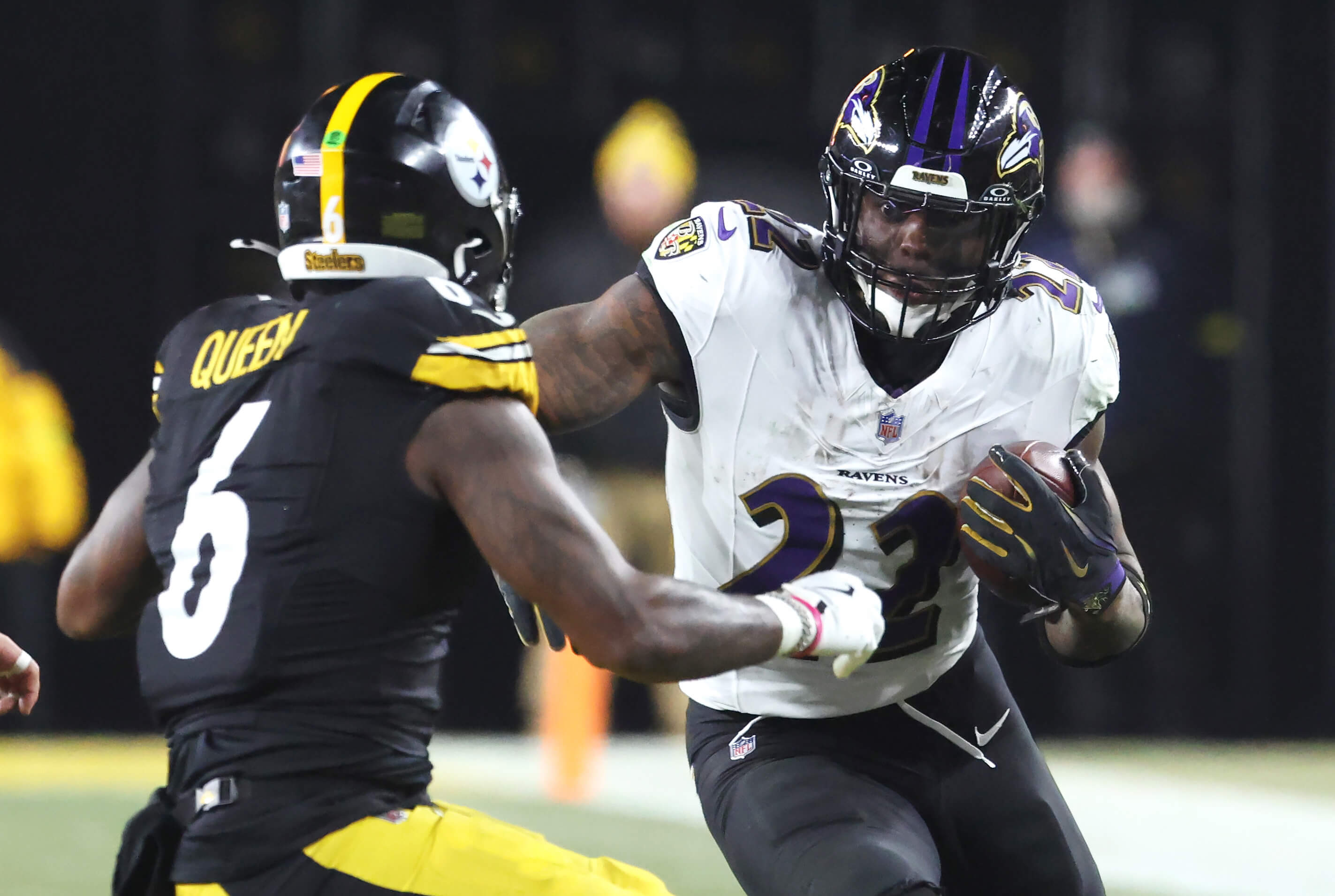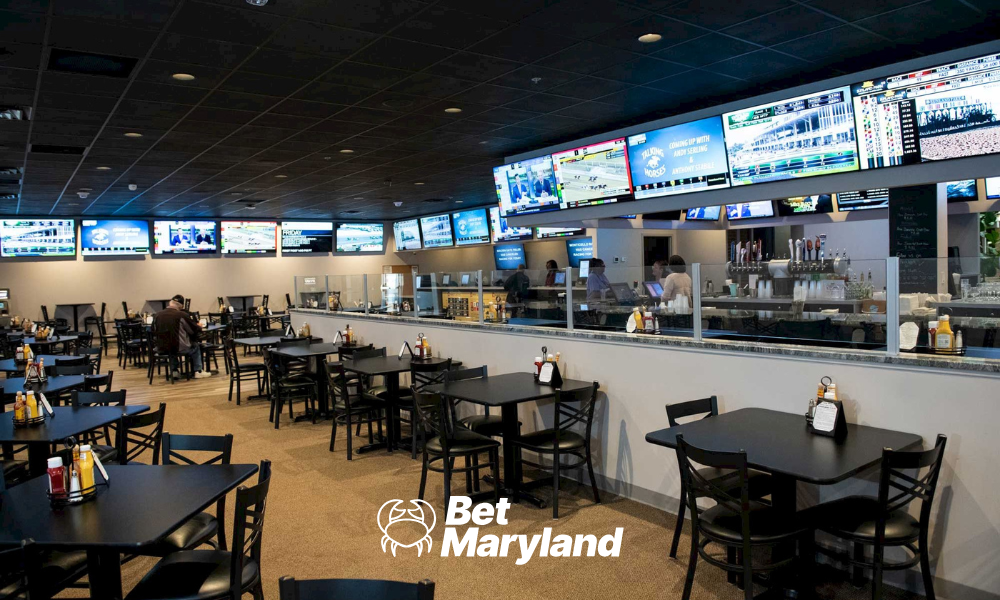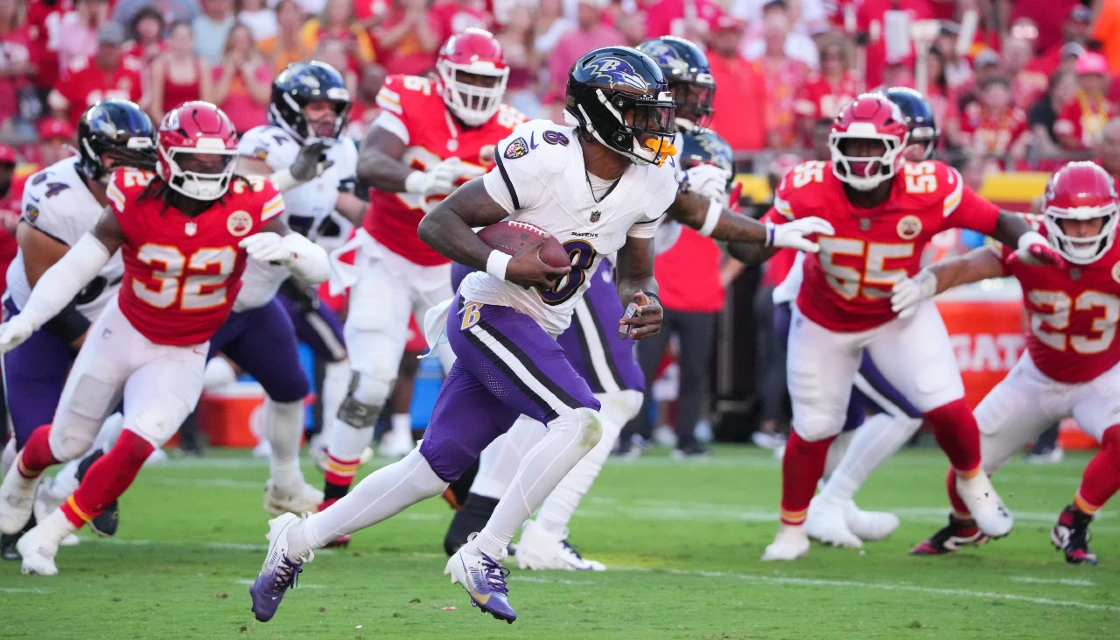By virtue of horse racing’s calendar, the Preakness Stakes, held the third Saturday in May at Baltimore’s Pimlico Race Course, often carries the enviable luster of being the setting for a possible run at the Triple Crown.
As the second jewel in racing’s trifecta for 3-year-olds, when the Pimlico starting gate is loaded, there is a chance that in a just a couple of minutes, the winner will have a shot at racing immortality.
And so, it is with that status -- as the keystone of a Triple Crown bid -- that the Preakness, on May 20 this year, beckons the winner of the Kentucky Derby. The Preakness, of course, is a major event for Maryland sports betting.
Triple Crown Challenge is Daunting
The Triple Crown is the path to becoming a Thoroughbred legend – first win against a huge field at Churchill Downs, then best what will be a smaller, better-rested field at Pimlico, and finally, complete the challenge at the grueling 1½-mile Belmont Stakes in New York in June.
This year’s Derby winner, Mage, was a 15-1 longshot when he won at Churchill Downs last Saturday. Prior to that, the chestnut colt had done all his racing at Florida’s Gulfstream Park where he won his maiden and then finished fourth in the Fountain of Youth and second in the Florida Derby.
Mage’s bloodlines find their way back to previous Preakness Stakes winners Curlin (2007) and Big Brown (2008).
With the prize of a Triple Crown in mind, it is almost certain that the Derby winner’s connection enters their horse in the Preakness. The emphasis here is on “almost”.
Last year, the Derby winner, Rich Strike, a massive 80-1 longshot in that race, did not go to Baltimore for the Preakness, which was eventually won by Early Voting.
This year, all indications are that Mage will continue his Triple Crown chase at the 148th running of the Preakness – which is run in the home of Maryland betting apps.
Ten Horses in Past 25 Years Have Won Derby, Preakness
Reviewing the most recent quarter-century of Triple Crown race results going back to 1998, 10 of 25 horses, or 40%, have won both the Kentucky Derby and the Preakness. None have accomplished the feat since Justify did it in 2018 on his way to winning the Triple Crown. And before that in 2015, American Pharaoh won the Derby and Preakness as he went on to capture the first Triple Crown since 1978.
- Real Quiet - 1998
- Charismatic - 1999
- War Emblem - 2002
- Funny Cide - 2003
- Smarty Jones - 2004
- Big Brown - 2008
- I’ll Have Another - 2012
- California Chrome - 2014
- American Pharoah - 2015 (Triple Crown winner)
- Justify - 2018 (Triple Crown winner)
Winning the Kentucky and the Preakness is a remarkable feat in itself. The races have an incredibly short turnaround of just two weeks. That’s exceptionally quick in the modern era of horse racing. When Mage won the Kentucky Derby, he had rested for about five weeks after the Florida Derby.
Plus, the Derby winner will often find that many of the challengers lining up in the Preakness were not at Churchill Downs so they’re going to be better rested and primed for the 1 3/16th mile chase at Pimlico.
In the 11 years from 1998 through 2008, six horses, or about 55%, won both the Derby and the Preakness. However, in the most recent 14 years since then, just four horses, roughly 29%, have captured both. And two of those were Justify and American Pharaoh.
On May 20, Mage will try to join an elite group that has been feted with flower wreaths of both red roses and Black-Eyed Susans.
Stay with BetMaryland for more sports coverage and the Maryland sportsbook promo codes as well.










